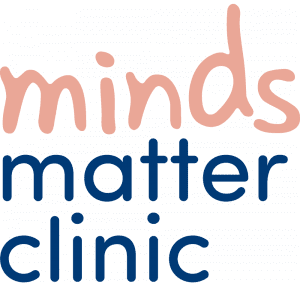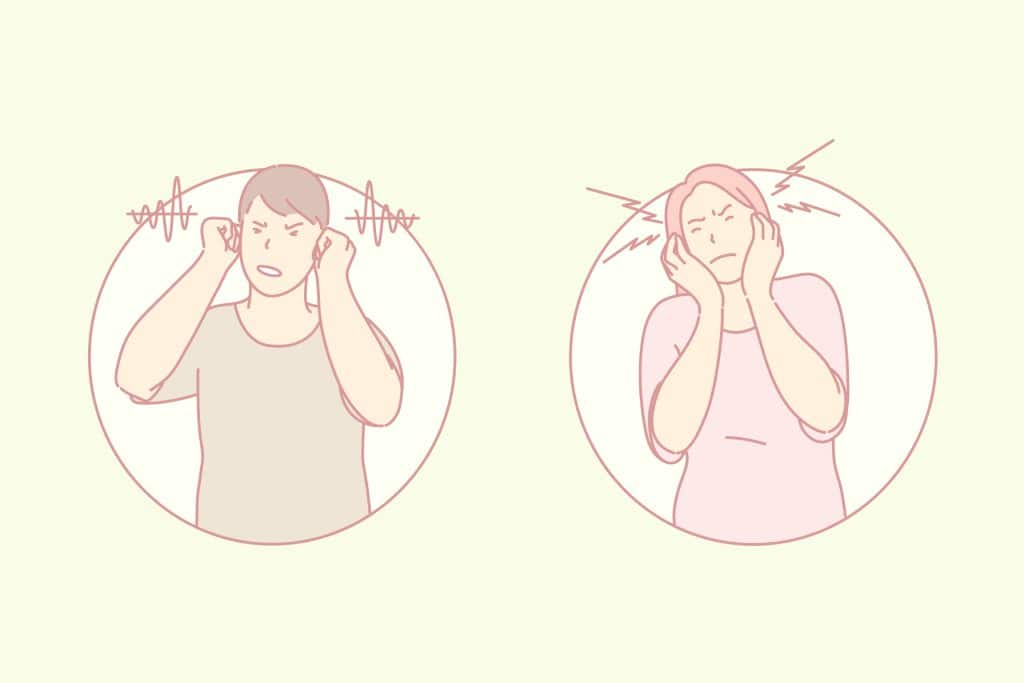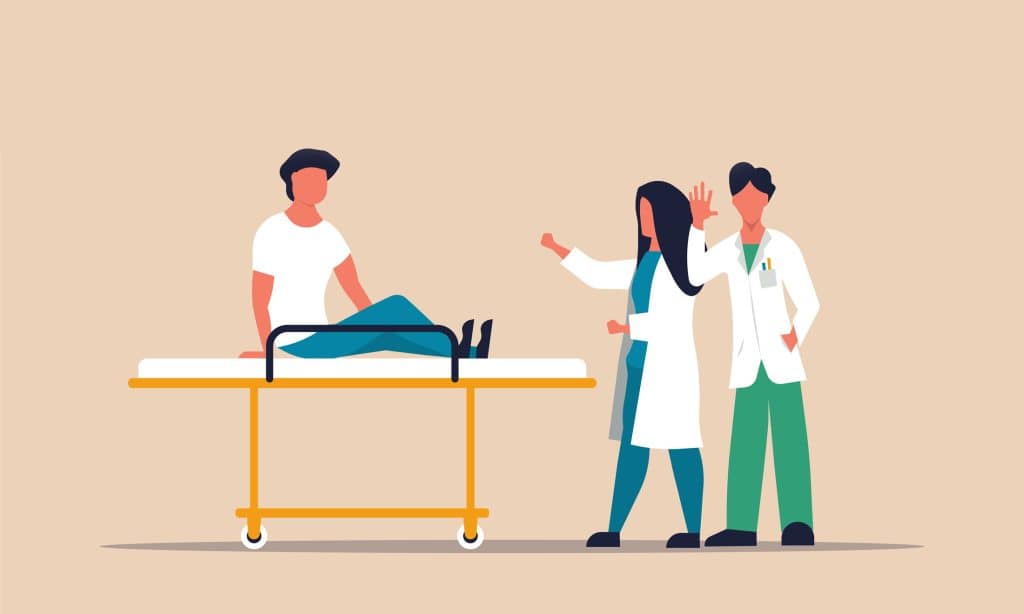Brief Summary
Tom is 9 years old and was referred to Minds Matter Clinic by his parents in December 2022, after becoming understandably concerned about his deteriorating behaviour and ADHD difficulties, as well as possible autism-related difficulties.
His medical history included problems with Global Development Delay, Speech and Language Delay (improving), Coordination Difficulties and Hypermobility (improving), Social Interaction Issues (improving), Chronic Diarrhoea and Sensory Issues.
After completing Tom’s ADHD assessment, the clinician recommended an Autism assessment. The parents initially joined the NHS waitlist, but due to the long waiting times, they contacted Minds Matter Clinic to request an assessment.
Within the consultation, Tom’s parents reported that he was struggling with social interaction both in school and outside of school settings. This was having a great impact on family life and Tom was struggling to progress with his school work.
Diagnosis and Assessment
After Tom’s parents paid their initial deposit, Minds Matter Clinic supplied the screening tools recommended by NICE guidelines to both the parents and the school. Once these were returned, the clinic offered a face-to-face appointment for the Autism Diagnostic Observation Schedule (ADOS) Assessment and the Autism Diagnostic Interview (ADI-R) Assessment.
Tom travelled with his family to Minds Matter Clinic, where he undertook the Autism Diagnostic Observation Schedule Second Edition (ADOS 2), Module 3. The ADOS is a semi-structured, standardised assessment of communication, social interaction, and play, for use with individuals with possible Autistic Spectrum Disorders.
Module 3 of the ADOS-2 is intended for children and adolescents with fluent speech. It includes several activities such as assembling a puzzle, playing with action figures, describing a picture, telling a story from a book, and answering questions about emotions and relationships.
Tom was confused, distracted, and fidgeting upon arrival. Once the clinician introduced herself and explained what to expect from the assessment, Tom engaged well and built a rapport with the clinician. He completed all activities and expressed his emotions and answers when questions were asked.
The clinician collated evidence by observing and listening to Tom. Following the assessment, the clinician drafted a report which was initially scored, and evidence was provided from the assessment.
In a subsequent Zoom appointment with the parents, an in-depth evidence history was taken. Tom’s parents reflected on their son’s early development and milestones to identify traits of Neurodiversity dating back to when he was a baby. They felt comfortable and relaxed during the ADI-R as it was conducted on Zoom in their home environment.
A multi-disciplinary meeting was conducted, with both clinicians providing evidence for the diagnosis, and an in-depth report was formulated. Within the report, the clinicians not only recommended therapeutic interventions but also provided insight into local services available for both Tom and his family to access. In a follow-up appointment, clinicians answered questions relating to diagnosis and treatment.
Family Feedback
“I can’t recommend the clinic enough. The staff are so friendly and welcoming and it’s the first experience we’ve had where there’s been no judgement or anxiety around my son’s care.”





